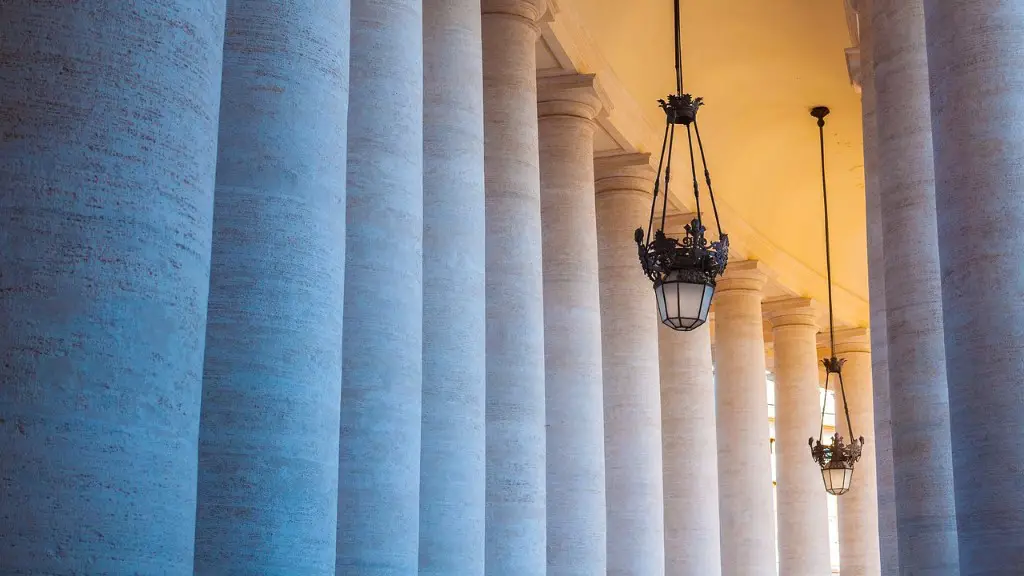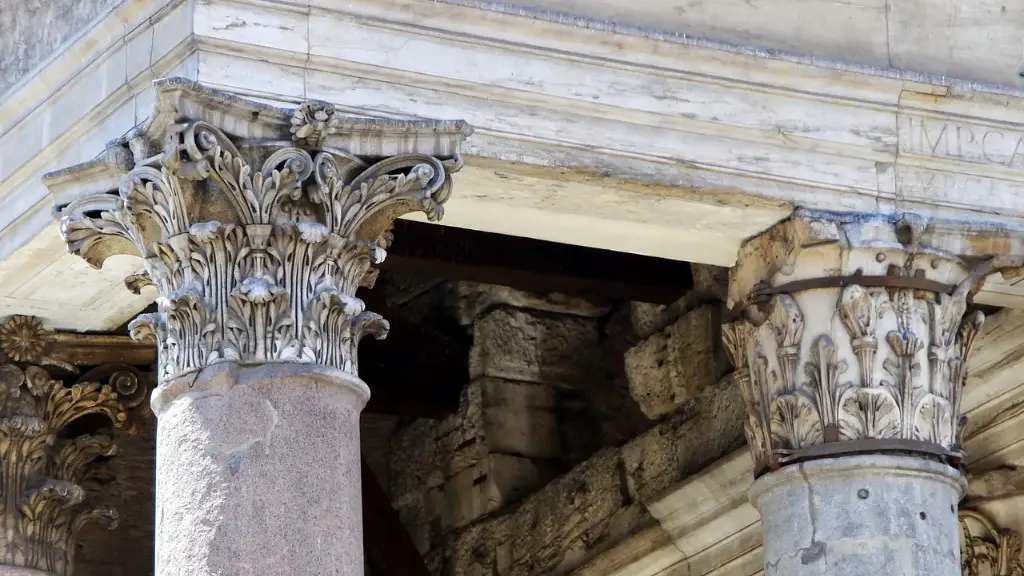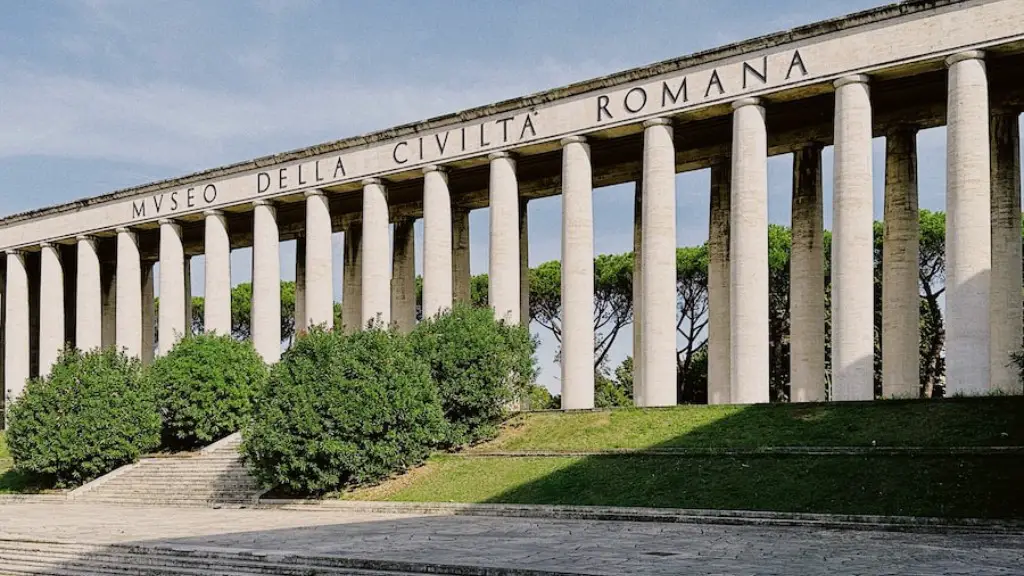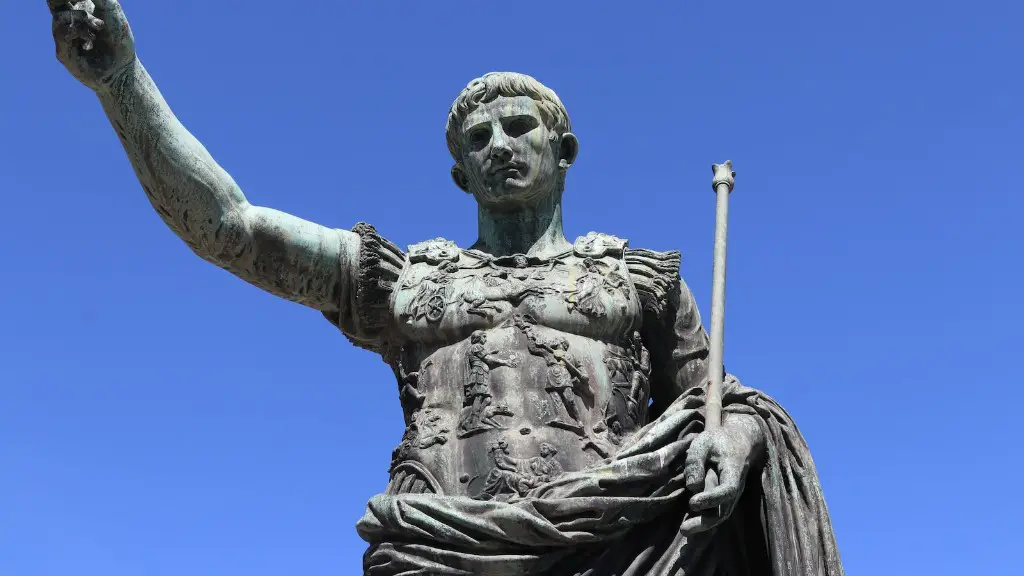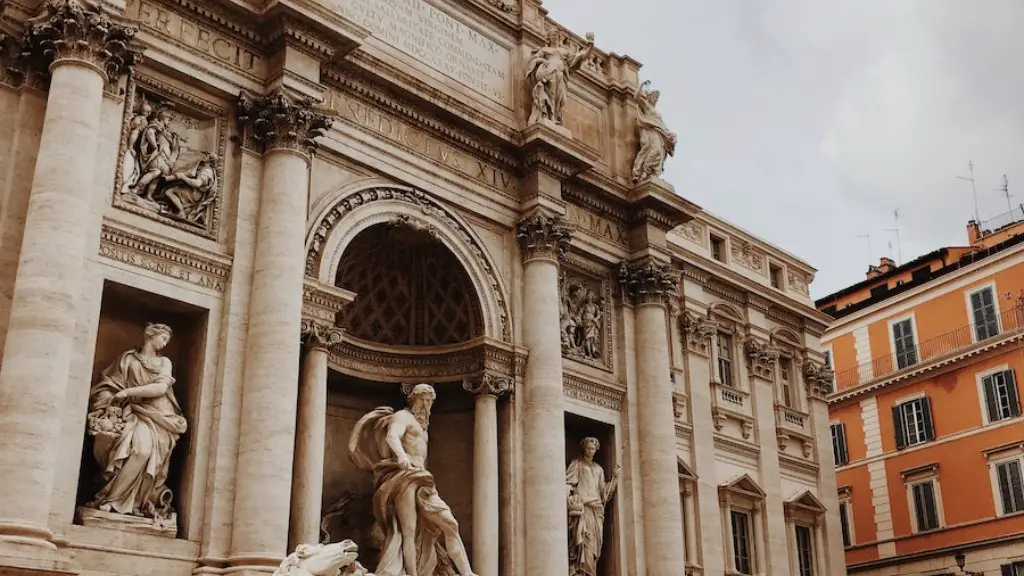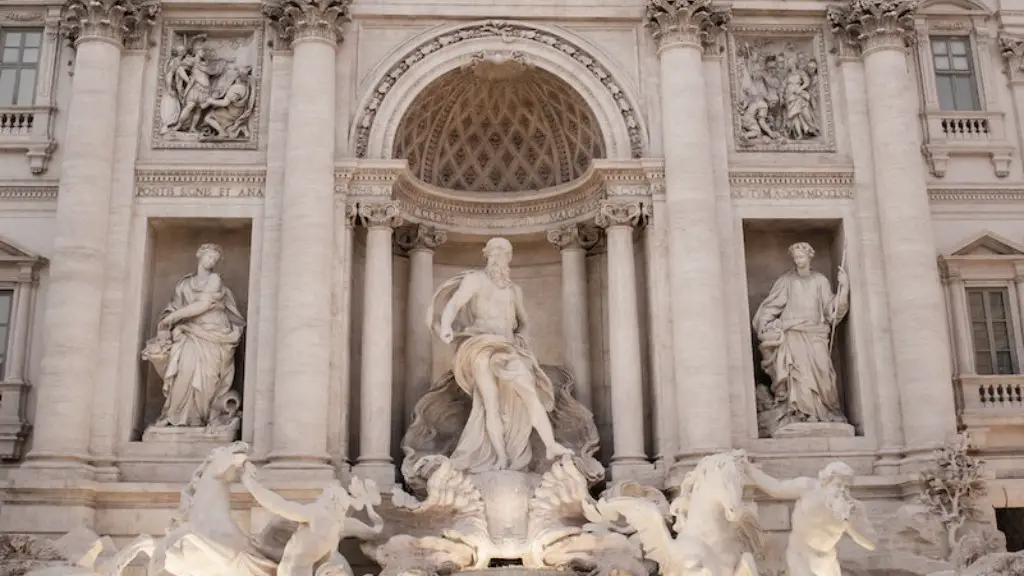Role of Common People in Ancient Rome
For the better part of a thousand years spanning the rise and fall of the Roman Empire, everyday commoners living in ancient Rome had it significantly better than those living in most other parts of the world. Hunger, disease and a lack of basic resources and amenities were more widespread throughout the ancient world than in Rome, where the common people were given more rights and privileges. This section will explore the lives of the common people in ancient Rome, and how their unique situation gave rise to a large population that was well-educated, diverse, and relatively affluent.
In the first century B.C, the Roman Empire was a sprawling and powerful state that extended over much of the known world. Although there were upper and lower classes, the bulk of its population was made up of the common people, who lived in the center of the empire. They enjoyed rights and privileges that were unattainable in other parts of the world at the time. Most of the commoners in Rome were free citizens. Roman law ensured that they had the right to own private property, travel freely in the empire and to participate in public life.
The common people in Rome were also well educated compared to their counterparts in other regions. Roman schools, hearkening back to the City of Rome’s earliest days, taught the Roman alphabet, mathematics and more. Some of these schools were open to the public, and their syllabus was in many cases more advanced than that of other nations. Furthermore, the Roman literati created a vast library of written works and resources, ranging from lengthy treatises on law and history to the mundane demotic of everyday life.
The cities of the Roman Empire were multi-cultural and linguistically blended environments. This can be attributed to the vast scale of the Empire and its ability to attract people of different races and backgrounds. The common people of Rome lived with differing religions, language and cultures. Many temples, shrines, and shrinelike roadside images dedicated to different deities and cultures can be found scattered throughout the Roman world. By recognizing and embracing other cultures, the Roman citizens were able to become more tolerant and understanding of each other.
Despite the cultural differences, the common people in Rome were generally quite well off economically. Roman coins were abundant and used in every aspect of life. Trade was extensive among the entire Roman Empire and further afield and enabled the citizens to access a vast array of luxuries, products and services.
The common people in Rome had a unique level of freedom and were allowed to participate in public life. During the Roman Republic, citizens were organized into assemblies and advisory bodies that allowed them to have a say in the government of the city. This enabled them to have legal recourse when needed and to appeal to the institutions of justice in the event of any wrongdoing. This level of freedom and participation in political life was unprecedented and has not been seen since.
The influence of the common people in Rome has long been overlooked and underestimated. Their hard work and contributions enabled the vast and mighty Roman Empire to reach its peak and prominence. Without their contributions, the immense wealth and culture of the time would not have been possible. These common people are not just a footnote in Roman history, but rather a testament to how much one group of people can achieve and contribute to the world.
Attitude Towards Slavery
Slavery played a significant role in ancient Rome, with an estimated 30 to 40 percent of the population of the city being slaves. For the common people in Rome, this meant dealing with a large number of slaves who were often mistreated and treated as if they were less than human. Despite this, the common people in Rome had a generally tolerant attitude towards slavery. They were often willing to accept slaves into their own households or to free them in order to gain the respect of others.
The ancient Romans believed that slaves were not necessarily inferior, but rather just unfortunate. While the punishment and exploitation of slaves was commonplace, their owner’s still often treated them like family members and relied on them for their daily tasks. Furthermore, many slaves were given some right and privileges, such as owning property, marrying and bearing children. This was an indicator of the generally moderate and lenient attitude that the common people of Rome had towards slavery.
The common people in Rome also believed in the emancipation of slaves, either through the process of manumission or by having them granted Roman citizenship. Manumission, which means ‘release from slavery’, was the freeing of a slave by their owner and granting them the same rights and privileges of a Roman citizen. This process was often seen as a sign of generosity and respect from the master to their former slave.
The Christian Church in Rome also played an important role in the freeing of slaves. It recognized the moral wrongness of slavery and actively encouraged its demise. This had particularly strong effects in Rome, as Christian missionaries sought to convert slaves and encourage the conversion of their masters. This direct hostility to slavery was a powerful force in Rome and greatly influenced the attitudes of the common people.
Despite the positive attitudes of the common people towards slavery, it should be noted that they did not actively strive to abolish it or to do away with it entirely. Slavery was an accepted part of Roman life, and while they often sympathized with the plight of the slaves, they also accepted that it was a necessary part of their society and economy. This acceptance of slavery, however, would ultimately lead to its abolition in the Empire.
Legacy of the Common People in Rome
The legacy of the common people in Rome was one of vitality, progress and justice. They made significant contributions to the extraordinary culture, wealth and advancement of the Roman Empire. Despite the backdrop of slavery, their contributions have had a lasting impact on humanity and have served as a beacon of hope to oppressed people everywhere.
The ruling classes of Rome, including emperors and the senators, would always be in the limelight and take the credit for the successes of the Roman Empire. However, it is the common people who actually made the Empire what it was- a vibrant and powerful state that changed the course of history. Without their hard work and dedication, it is difficult to imagine what the Roman Empire would have become.
The common people of Rome acted as the engine of modernity, advancing their civilization and paving the way for their successors throughout the world. It is this spirit of progress and forward thinking that has been so important to modern society, and which continues to push us forward. This is the legacy of the common people in Rome, and a reminder of the potential of ordinary people to make a difference in the world.
Health and Hygiene Practices
The health and hygiene practices of the common people in Rome were surprisingly good compared to other parts of the world. The city had a sewer system, which served to transport wastewater away from the city. This system allowed for better sanitation and reduced the spread of diseases. Rome also had public baths, which were built by the wealthy elite but allowed to be used by common people as well, providing them with access to clean water to bathe and stay clean.
Hygienic practices were also widespread. Ancient Romans bathed regularly, scented their skin with fragrant oils and perfumes, and used tools such as toothpicks to clean their teeth. This level of grooming and personal hygiene was added to the ideas of moderation and simplicity that the Roman Empire embraced, leading to more widespread acceptance of the practice.
The common people in Rome also had access to rudimentary medical technology, including herbs, potions and mixes for medicinal purposes. The medical practices of the time were often guided by superstition, however prognostic practices and treatments based on scientific understanding were also encouraged and implemented. This level of access to health services helped the common people to stay healthy and would have led to a better quality of life.
The health and hygiene practices of the common people in Rome enabled them to live longer and broader lives. This helped to contribute significantly to the growth and prosperity of the Roman Empire, as healthier people are able to be more productive, efficient and creative.
Infrastructure Built By the People
The common people in Rome also built and maintained the vast infrastructure of the Empire. This included roads, bridges, aqueducts, bathhouses and monuments, amongst many other things. This infrastructure allowed for increased trade, faster communication, and more efficient transportation of goods throughout the empire.
The roads built by the common people were particularly impressive. They often followed natural contours in the land, allowing for smoother travel, and were constructed using cobblestones, gravel and packed dirt. The construction of roads was a major undertaking and required a great deal of skill and effort, but is a testament to the level of construction that the common people of Rome were capable of.
The construction of aqueducts was essential in supplying water to the expanding population of the Roman Empire. These aqueducts enabled the people of Rome to live in larger, more prosperous cities, while also providing them with clean and easily accessible water. This gave them access to better health and food, which likely contributed to the high life-expectancy and quality of life that the people enjoyed.
The common people of Rome were also responsible for the upkeep and renovation of some of the monuments and architecture within the city. This included the upkeep of the forum, the rebuilding of temples and other sacred spaces, and the clearing and engineering of Rome’s harbor as a major trading port. This helped to contribute to the structure and prosperity of Rome, and to the legacy of its common people.
Law and Order
The common people in Rome were subject to a structured legal system that had been set up by the ruling class. This system was based on legal conventions and laws that were enacted by the Senate and enforced by the city’s magistrates. These laws were largely based on earlier Roman concepts and customs, with some adaptations from other sources such as Greek and Etruscan laws.
The common people in Rome also had their own system of customary law, which arose as a result of their everyday experiences and interactions. This system of law was less formalized and regulated than the state laws, and could often be more flexible and accommodating than the laws of the ruling classes. This enabled the common people to resolve minor disputes without having to rely on formal constitutional authority.
The laws of Rome also offered protection to the common people in the event of unjustified hostility from their neighbors or from government authorities. They were afforded certain rights and privileges, such as the right to a trial before the court of law and access to legal representation when needed. This helped to foster an environment of trust, justice and civility that was often absent in other medieval cultures.
The legacy of the common people in Rome was not only in their major contributions to the unprecedented growth and prosperity within the City, but also in the laws, justice and order that they helped to create and implemented. This enabled them to live in an environment that was relatively free from oppressive forces and hostile authorities, paving the way for them to enjoy a level of freedom and autonomy that was, and still is, rare in the history of mankind.
